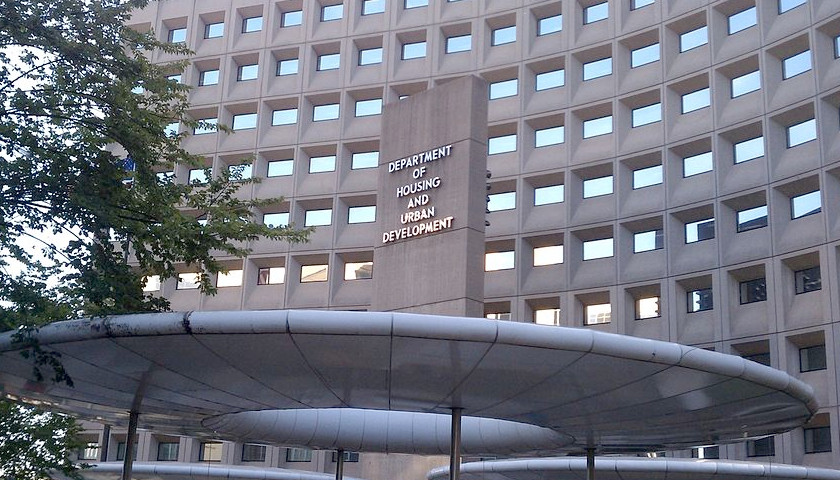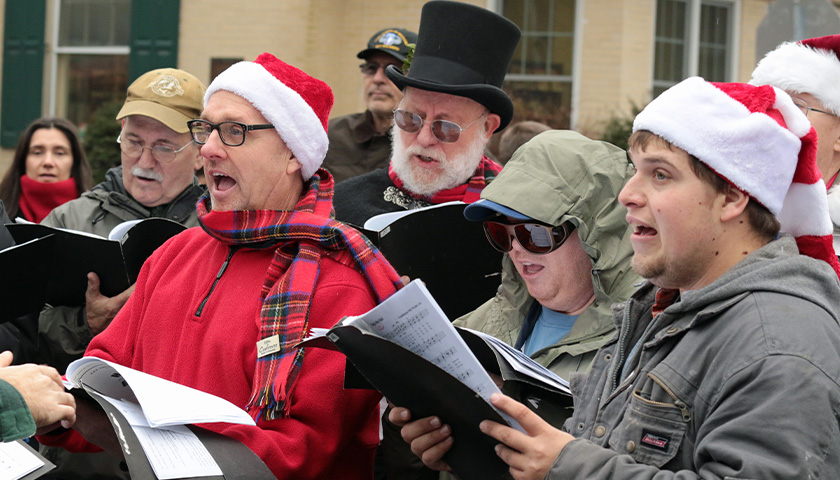by Robert Romano
In the 2024 transportation and housing appropriations bill, House Republicans are once again poised defund a bid by the federal government to take over state and local zoning laws via a Department of Housing and Urban Development regulation to condition $3.3 billion of community development block grants on changes to those zoning laws.
Appearing in section 233, the new bill, to be voted on this week by the U.S. House, updates the language to reflect the most recent regulation in whack-a-mole fashion: “None of the funds made available by this 24 Act may be used to implement, administer, or enforce the proposed rule entitled ‘Affirmatively Furthering Fair Housing’ published by the Department of Housing and Urban Development in the Federal Register on February 9, 2023 (88 Fed. Reg. 8516), or to direct a grantee to undertake specific changes to existing zoning laws as a part of carrying out the interim final rule entitled ‘Restoring Affirmatively Furthering Fair Housing Definitions and Certifications’ published by such Department in the Federal Register on June 10, 2021 (86 Fed. Reg. 30779).”
The proposed regulation — the original dates to 2015 by the Obama HUD Department — by President Joe Biden’s Department of Housing and Urban Development would again attempt to meddle in state and local governments’ affairs by conditioning federal funding including Community Development Block Grants on changes to local zoning laws.
The rule, once again titled, Affirmatively Furthering Fair Housing, was offered in Jan. 2023 and includes “working with a local government to address exclusionary zoning,” and “if disparities by protected class group are identified in the questions regarding homeownership opportunities, responsive goals could include… zoning code reform,” and “this rule requires an analysis of barriers to affordable housing, representing a key opportunity for program participants to identify the policies and practices, such as land use and zoning ordinances, that impede the development and maintenance of affordable housing commensurate with need.”
The regulation also requires grantees to assess “How have existing zoning and land use policies or ordinances, the presence or lack of source of income anti-discrimination laws, eviction policies and practices, and other State and local policies or practices contributed to the patterns of segregation…” and “This analysis shall include… municipal or State policies, such as zoning and land use policies, ordinances, or regulations…”
Unfortunately, this is an area that Congress has already regulated repeatedly, six times defunding the original 2015 regulation that had included an explicit requirement calling for changes to local zoning, stating, “This final rule, and Assessment Tools and guidance to be issued, will assist recipients of Federal funding to use that funding and, if necessary, adjust their land use and zoning laws in accordance with their existing legal obligation to affirmatively further fair housing.”
These provisions for years have explicitly changed the terms and conditions of the Fair Housing Act, barring the federal government from directing or encouraging grantees to make changes to local zoning.
HUD is saying that doesn’t matter, it’s just going to keep issuing the same exact regulation.
The provision was originally drawn from a provision by Sen. Susan Collins (R-Maine) passed the Senate easily 87 to 9 in 2016 that barred the regulation from being used to affect local zoning.
The regulation was also rescinded in July by the Trump administration, under a rule, called Preserving Community and Neighborhood Choice (which Biden then replaced), which states, “It must be local governments, not HUD, that exercise control of administering local housing policies, including zoning and development policies that are unique to a particular community.”
Now, once again, Congress must voice its views on federal intrusion into local zoning. If the current prohibition is allowed to lapse, then nothing stands in the way of a Biden presidency renewing the federal war on suburbs, eliminating one of the most important responsibilities of local government — zoning.
This particular regulation should remind Congress that it will have to continue to intervene via the appropriations process unless and until it can come up with a more permanent alteration to this law and other laws to rein in the regulatory state. As it is, Congress has halted funds for this purpose — and now it must act again.
– – –
Robert Romano is the Vice President of Public Policy at Americans for Limited Government.
Photo “Robert C. Weaver Federal Building” by Tim1965. CC BY-SA 3.0.








